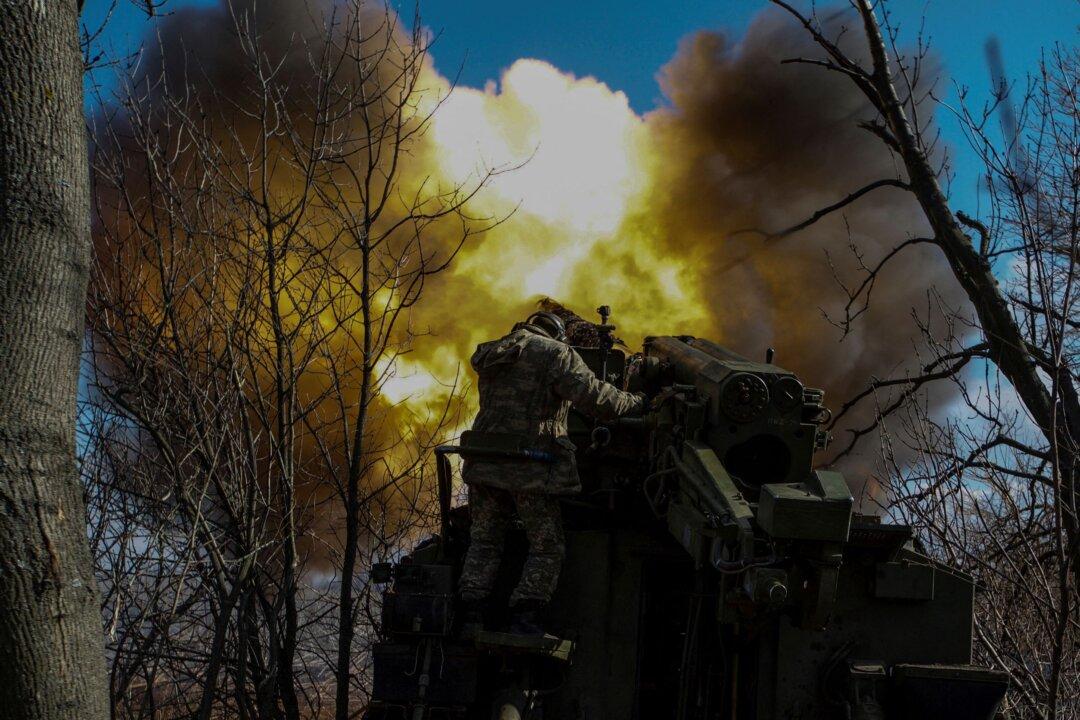Britain and its NATO allies have allowed their ammunition reserves to fall to “dangerously low levels” as they seek to keep Ukraine supplied in its resistance against the Russian invasion, a parliamentary committee has said.
The Defence Committee in the House of Commons warned on Tuesday that rebuilding Britain’s munitions stockpile could take at least a decade, putting UK national security at risk.





